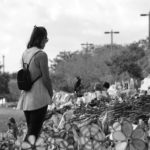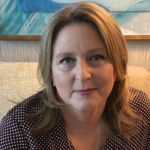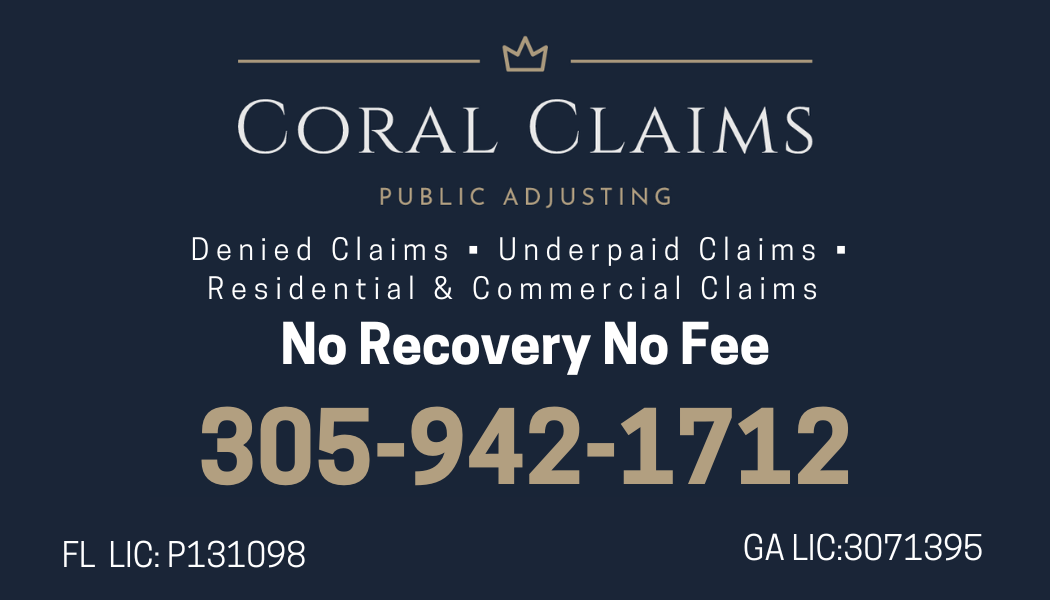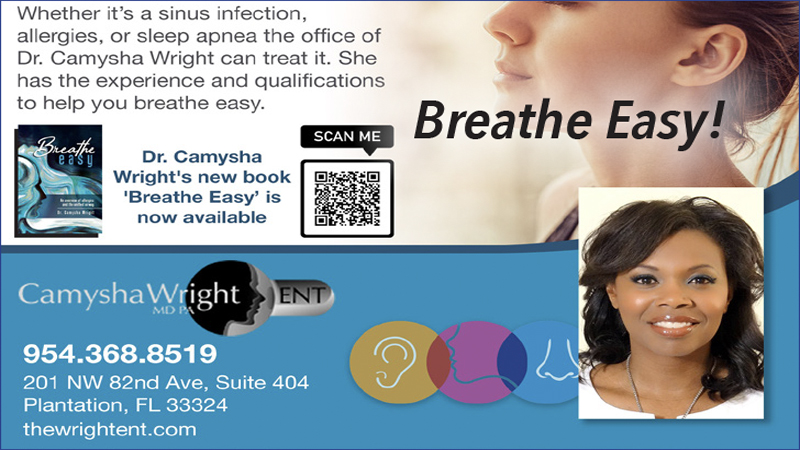By: Anne Geggis
Broward County on Monday will take some tentative steps toward normal life — beginning to open what was shut in the outbreak of COVID-19 that sickened thousands and killed hundreds of county residents over the last two months.
Restaurants, retail shops, and personal care outlets like barbers and nail salons — closed in an effort to stop the virus’ spread —will be allowed to take customers starting Monday. The details on opening the beaches and other aspects of normal life are still being worked out. But a majority of commissioners asked that the beaches be opened if Miami-Dade County moves ahead with it.

Broward County commissioners practicing social distancing during the meeting.
One commissioner said businesses that are ready to go should be allowed to open the next day.
“There has been such a loud cry to open … from our small, medium, and large businesses,” said Commissioner Lamar Fisher, who represents the eastern side of the county.
Broward County was on track to be the last part of Florida to open in the state since the coronavirus started raging. Gov. DeSantis’ order allowed most of Florida to begin opening May 4. However, South Florida’s closures were extended because of the large number of cases. Then, Palm Beach County asked the governor to begin opening this week. And Miami-Dade County asked for Monday, May 18.
At a special COVID-19 workshop Tuesday, commissioners agreed Broward should move on a similar timetable as Miami-Dade.
Bertha Henry, Broward’s county manager, told commissioners she didn’t expect getting the governor’s permission would be a problem. The coronavirus has receded enough that conditions in the county have primarily met the Centers for Disease Control criteria for going to Phase 1 of re-opening the economy, she said.
The criteria calls for a 14-day downward trajectory in the number of cases. Department of Health figures show that Broward’s numbers are still swinging wildly: 22 cases were reported Monday; 71 on Tuesday.
Commissioners said the increased cases are natural, given the increasing number being tested. But the percentage of those testing positive has been consistent, or decreasing, as the criteria required.
Still, some are concerned that there is too much risk. Testing and tracing are not robust enough, said Commissioner Nan Rich.
“We have not tested all the people in our ALFs and nursing homes,” she said.
After the meeting, Michael Udine, who represents Parkland, said he hopes that Henry’s order will allow restaurants to fill to 50 percent of their capacity, instead of the 25 percent capacity outlined in DeSantis’ pandemic rules.
“At 50 percent we can give these businesses a fighting chance,” he said, also contending that they should be allowed to open as soon as Saturday.
Others, however, expressed concern that opening up too much will send the wrong message that the COVID-19 crisis is over. Cities need to be ready to do enforcement, and the public needs to continue wearing face masks and keep at least six feet from nonhousehold members, some said.
“We’re leaders,” said Mayor Dale Holness. “Part of our responsibility is not to lead people to their deaths.”
Send your news to Parkland Talk.
Author Profile
Related
 NewsOctober 10, 2020Parkland Man Admits to Embezzling $1.45 Million From Employer
NewsOctober 10, 2020Parkland Man Admits to Embezzling $1.45 Million From Employer NewsAugust 31, 2020Court: Parkland Shooting’s Killed and Injured Allowed to Sue FBI for Bungling Tips
NewsAugust 31, 2020Court: Parkland Shooting’s Killed and Injured Allowed to Sue FBI for Bungling Tips NewsAugust 4, 2020‘Stand with Parkland’ Endorses Debra Hixon for School Board
NewsAugust 4, 2020‘Stand with Parkland’ Endorses Debra Hixon for School Board NewsJuly 22, 2020A Minimum of 5 Hours’ Instruction and Night Class Option to Greet Returning Broward Students
NewsJuly 22, 2020A Minimum of 5 Hours’ Instruction and Night Class Option to Greet Returning Broward Students


























































